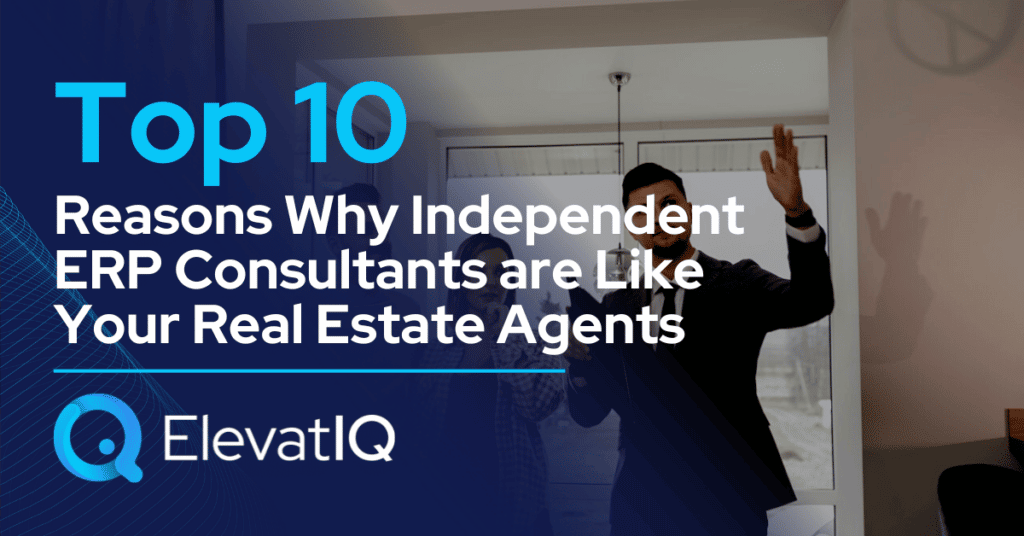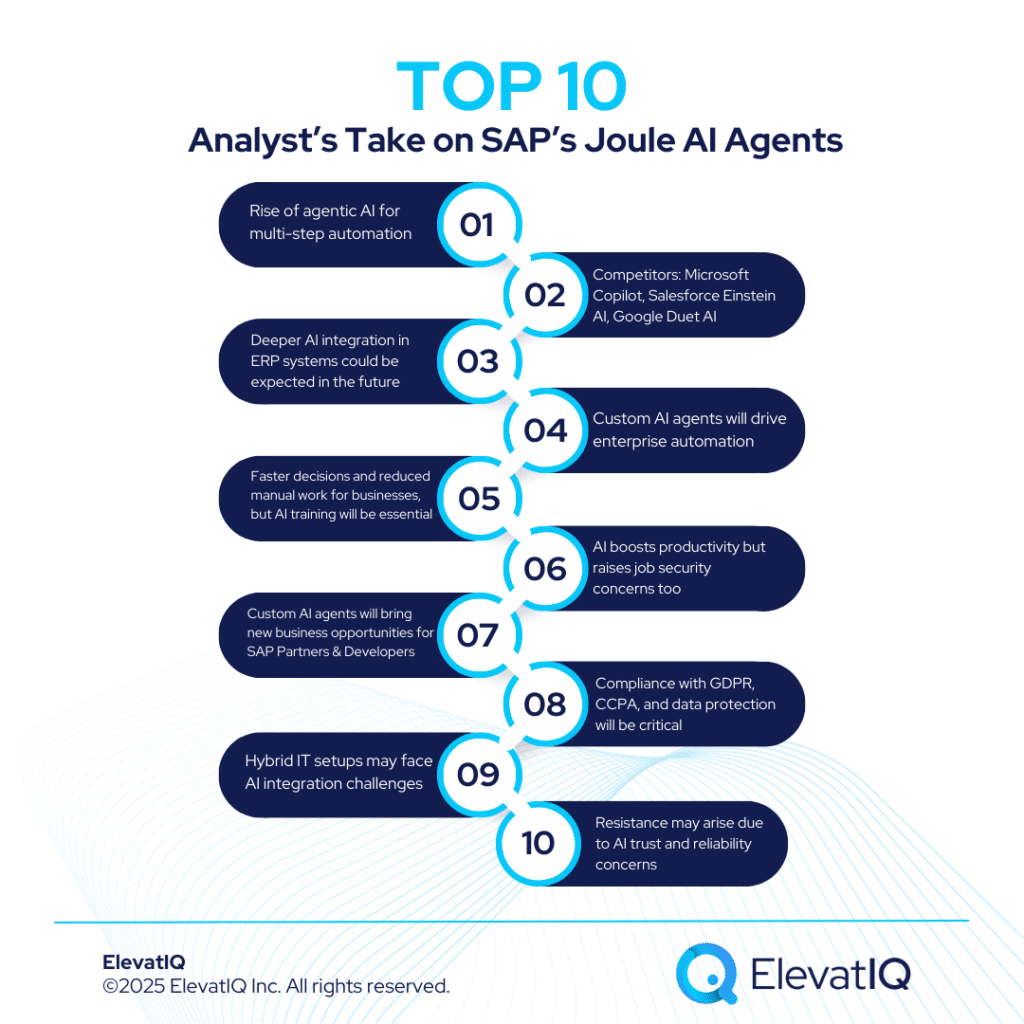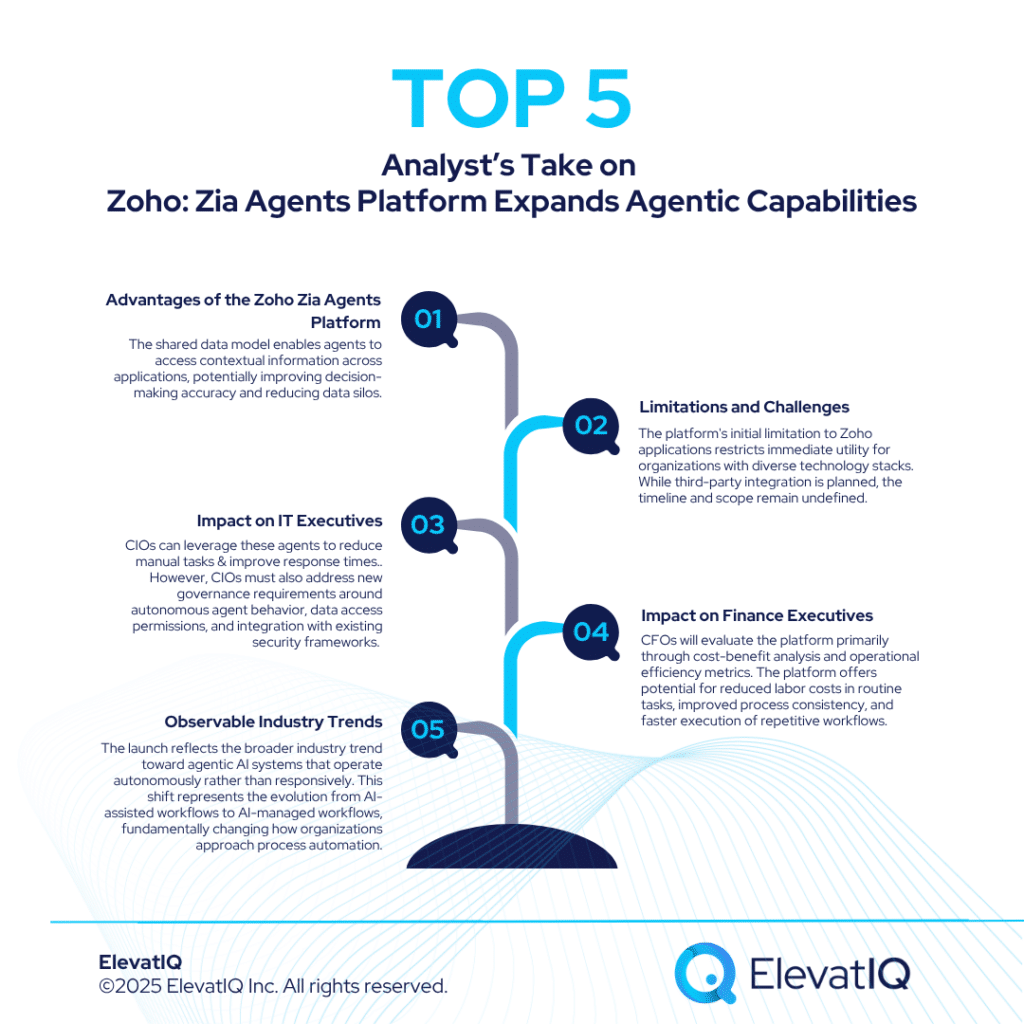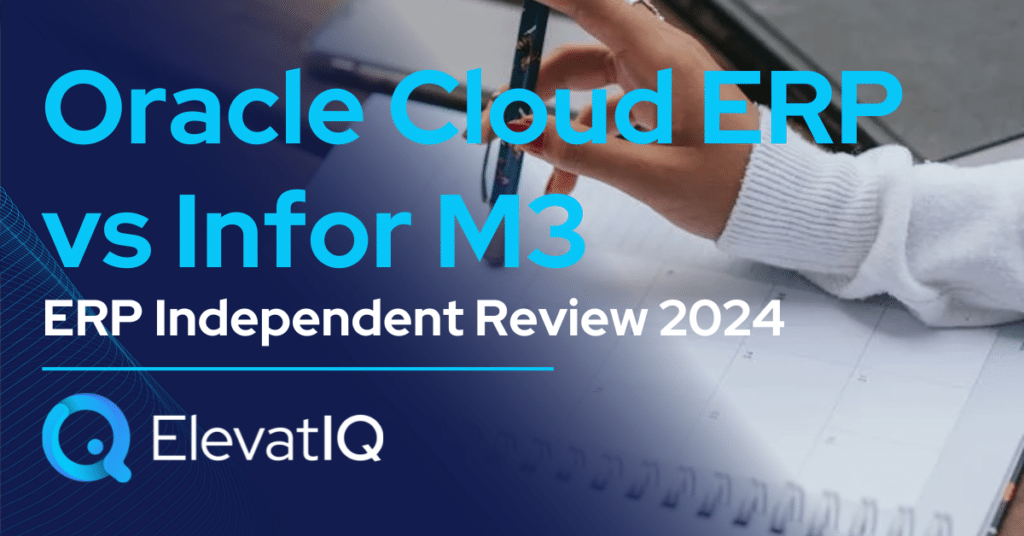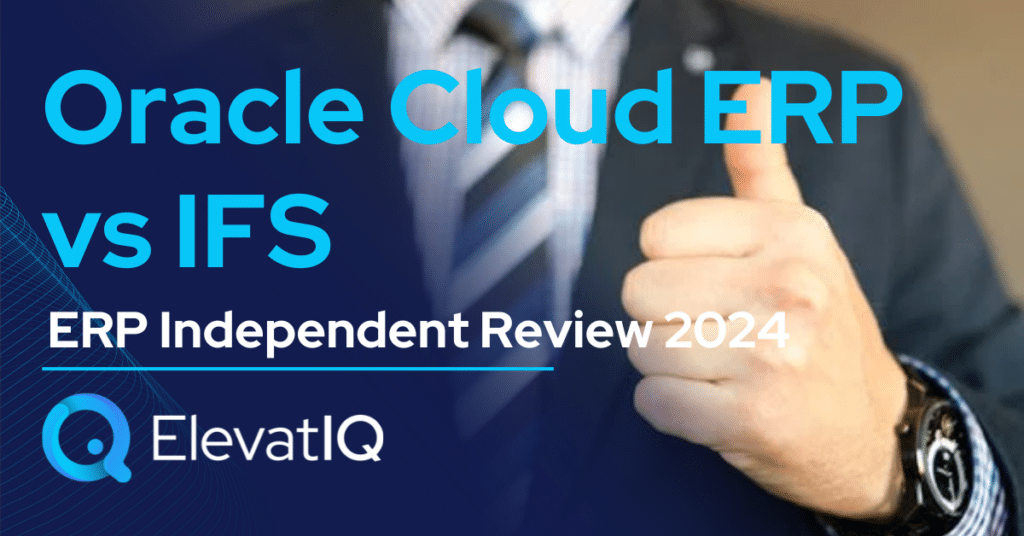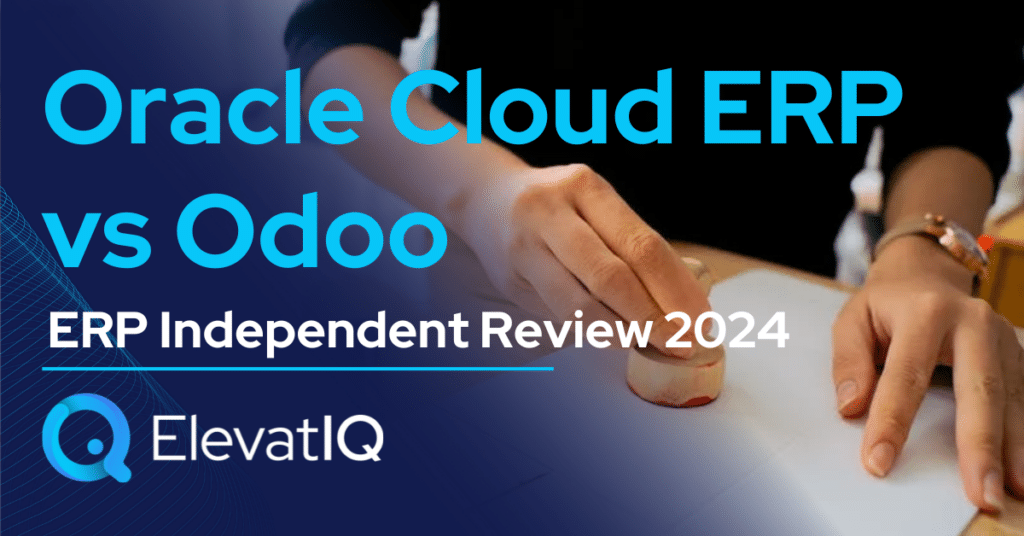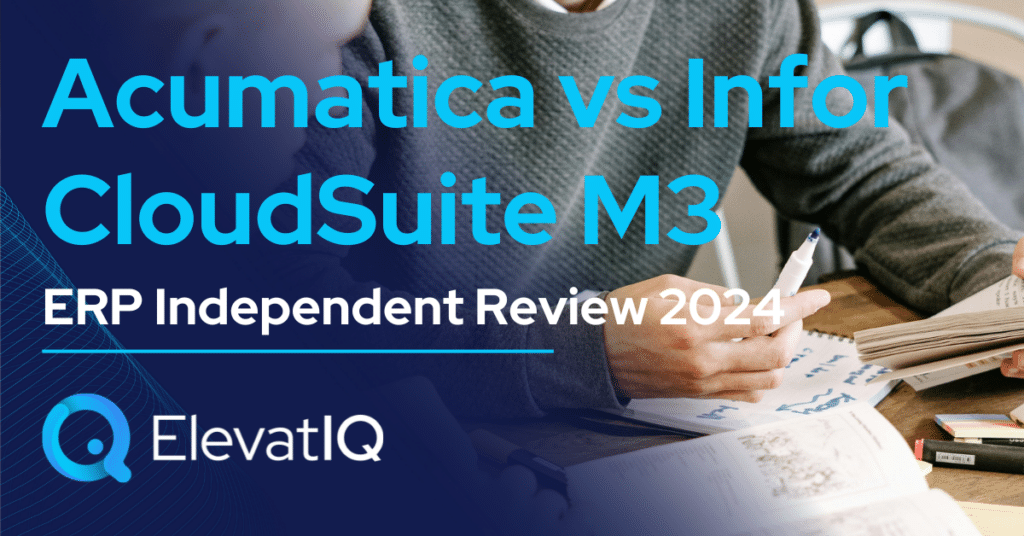Last Updated on March 17, 2025 by Sam Gupta
Buying a house is easy. Anyone with common knowledge can buy. Anyone can figure out how many rooms or bathrooms they might need. Most people know how to select a color or texture on their own ( or maybe by making a few calls to their trusted friends). So why do we hire real estate agents (or independent ERP consultants)? Dumb move? Pure waste of money? No? By the way, the problem could be much more involved when you might have some construction or modification component to your house. Then, most likely, you are going to hire an architect as well.
Do you need a real estate agent? 90% of people would agree that you are better off hiring a real estate agent than buying on your own. With architects, you might not even have a choice as the city regulates it. They are doing this to ensure the interest of both buyers and sellers are protected. Sure real estate buying is a leveraged procurement, so you have a much higher risk. And sometimes, your bank might mandate a licensed agent to protect their investments.

When you buy an ERP, the total cost of an ERP might be anywhere from 5-20x more in price, depending on the size of the organization, with a lot more complexity. With an ERP, sure your purchase might be completely based on cash. But wouldn’t it be in your best interest to take the same approach as an expensive procurement, just like a bank or an insurance company would? While the ERP procurement process may not be as regulated, the role of independent ERP consultants is very similar to real estate agents, architects, real estate lawyers, and a lot more. So, what are the top reasons why independent ERP consultants are like real estate agents?
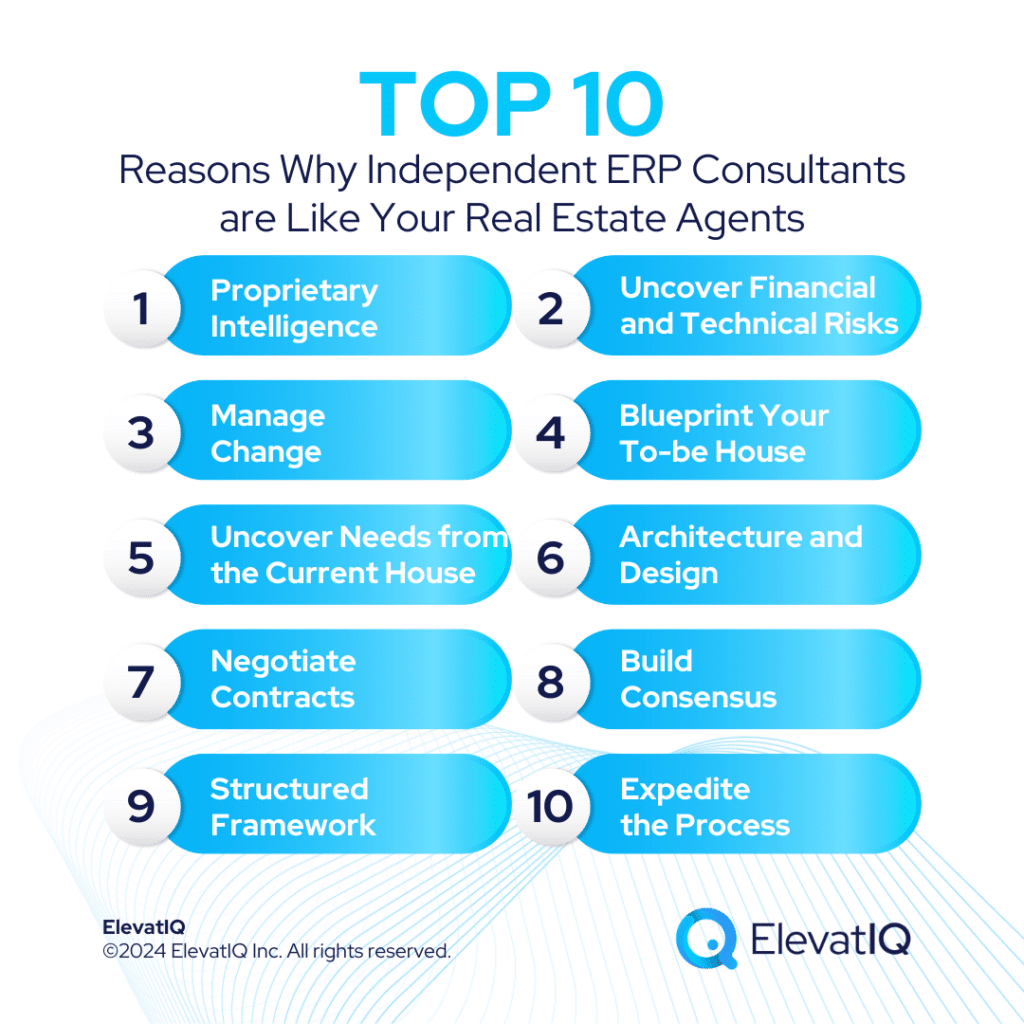
10. Ability to Expedite the Process
Try buying a home on your own. Here is how the process goes. It might start with taking everyone’s opinion. Mommy is most likely to fight for the best kitchen – with the same status symbol as her friends. Kayla, the daughter, is likely to fight for the personal washroom. George, the son, might fight for the swimming pool or backyard. Daddy is probably praying that he will be more than happy if the process finishes in the allocated time and budget (with a house in one piece).
You might make several rounds of open houses – with thousands of dollars of gas poured in driving around, with family lunches. Sure, you could account for this as family bonding and time. I get it. But you are burning time and cash (and opportunity cost, if you care for that, most smart people do).

Here is how a real estate agent would manage the process. First question. Do you guys have bank approval? No. Do you know what you can afford? Maybe $400K, based on Daddy’s income. Sorry, mommy, you might not get the best appliances. Sorry, Kayla, the personal washroom is not an option. George, let’s keep the swimming pool for the next home once you figure out how to make money on your own. You get the point! The real estate agent has saved six months (and a ton of money) – without making a single trip. The bigger the family, the more challenging it will be to manage it internally.
ERP procurement process isn’t different, except everyone struggles to articulate why you need to hire professionals to manage the process, including independent ERP consultants, even though they do this for a living. Their experience and structured approach help expedite the process exponentially.
9. Offer a Structured Framework
When buying a house or ERP, a structured framework is essential for successful procurement and adoption. Sure, you might argue that real estate agents don’t add a ton of value. What’s a big deal in creating a few listings and driving around to check a bunch of houses? Can’t you do it on your own? Is it worth paying them 3-6% of the transaction? Most of us underestimate how much thought and work goes into that process.
Think of decisions such as putting an offer on the house without knowing whether you will get approved or not. What if the seller’s agent has a clause for non-approval penalties? OK, this might be intuitive for you as you probably know how to read contracts. But there are just so many things that could fire back when you are dealing with such expensive investments. Also, just because you may be an expert at buying and negotiating another category, that doesn’t make you a qualified real estate agent. They go through years of training, certifications, and experience to develop a structured framework that makes them successful with a similar customer like you.
The more structured you are with your process, starting from developing criteria, defining success, building consensus, and narrowing down options, as well as reviewing only the options that might be relevant for you – not to overwhelm George or Kayla. Or the buying decision might be put on hold forever without making any progress for the family. A structured framework that independent ERP consultants provide is more than a bunch of spreadsheets and checklists. Creating a similar framework requires you to go through many rounds of buying and selling similar houses (or ERP), as well as incorporating lessons learned on an ongoing basis.

8. Help Building Consensus
The ability to build consensus is more than just voting and a bunch of surveys. It requires a deeper understanding of everyone’s motivations and overall implications on the technical and financial model. What if Kayla hasn’t figured out how to understand the financial model and her demand for the personal washroom is non-negotiable? What if the addition of the washroom might throw off the financial stability of the model? And she might not listen to Daddy as she feels that Daddy never thinks twice before spending on beer. When the decision came to her preference for a washroom, everyone had a problem.
The only difference between building consensus for a house and ERP is that with ERP, you are probably building the consensus for the whole city. And not just one family or one house. There might be religious and political factors that might throw off the entire technical and financial model. What if the technical constraint of your city requires you to build a canal through the city? However, the local population would not allow it because of their religious beliefs. What if the alternate model is more expensive than what the city may be able to afford?
Once you have dealt with thousands of Kaylas and Georges, you kind of know how to negotiate with them. This expertise would not be possible internally unless you deal with them on a daily basis. Independent ERP consultants are not only your “real estate agents,” but they are also your “marriage counselors.” Unless you have gone through multiple ERP implementations yourself, it’s hard to understand why building consensus across all parties, including internal stakeholders, consultants, and vendors, is so hard with ERP implementations.
7. Ability to Negotiate Contracts
Negotiation is not about asking for discounts. It’s about reading the room and understanding everyone’s motivations. Understanding what you are going to lose by gaining something. Think of how easy you are making for the seller’s real estate agent if there is no buyer’s agent present on the other side. The ERP salespeople are professionally trained negotiators. ERP companies have hired “real estate agents” as they know how “uninformed” an average buyer is.
The seller’s real estate agents have done deep research on every one of you: how you think, what you feel, and what your weakest spot is. They are likely to hit the weakest person the hardest. The only way to counter the seller’s real estate agent is to have a “real estate agent” on your side. They need to be able to predict every move they are going to make and have a counter strategy in place. That’s where independent ERP consultants come in. Not that they are smarter than any of you. However, only a real estate agent would understand how to work and think like another real estate agent.
They know every single ERP ecosystem in and out, researching pricing and discounting on a daily basis. They also keep track of macro and micro developments with most ERP vendors. In addition to having access to thousands of quotes, they can dig to discover the discrepancies in the contract, help you save with unused software, and compare the prices at the line level. Not hiring a real estate agent on your side is the best thing you can do to help a seller’s real estate win. The worst part is that they will make you feel that you have WON – when you might have clearly lost.
6. Ability to Architect and Design
Imagine if buying a house requires a real estate agent; how hard would it be to make modifications to a house or construct from the ground up? What if Kayla’s imagination about the personal washroom does not come out to be as interesting as she thought? What if you go through the process of constructing, only to demolish and construct again? And what are the odds that you will be successful with construction if you haven’t figured out how to first design on a piece of paper before laying down the bricks? You might go through several rounds of construction and demolition by the time you realize that you are already over budget – or worse yet, bankrupt.
This is how any ERP development, customization, or integration process goes. Just because you might get the washroom that Kayla wanted, Mommy might not be happy. The color that she has chosen may not look as well as she thought. With architecture and design, it’s not just about the technical components that need to work together. Everything needs to line up: financial, technical, processes, licensing, or legal. The process of construction and demolition might go on regardless of whether the disconnect is likely to be between Kayla’s as-is and to-be misexpectations, misalignment between the process and technical model, or disconnect between the financial and technical model.
Just like construction or real estate, ERP implementation requires multi-disciplinary skills. Depth in every skill that you can possibly imagine. Your independent ERP consultant is not only your real estate agent. They also help with the architecture and design. Most importantly, I want to figure out what Kayla wants when she grows up. And that you can’t do unless you deal with thousands of Kaylas on a daily basis.
5. Ability to Uncover Your Needs By Analyzing Your Current House
What are the odds that you will be able to remember every single feature of your current house? What if the features you took for granted in your current house might not exist in the new one? Most companies would struggle to articulate 40% of their processes. Sometimes, they might reside inside a spreadsheet and other times in someone’s head. The articulation of the current house is critical as it helps Kayla and George understand how their life is going to change in the new house. However, it also helps perform the fit-gap analysis to understand the efforts required to build the to-be model.

Unfortunately, the internal teams would always struggle with how much they might be keeping in their heads. The independent ERP consultants help you articulate the as-is model as they deal with similar Kaylas on a daily basis. Also, they do not rely on Kayla to provide input. However, you can also connect dots through multiple sources by deeply studying your processes, analyzing your data, process mining, and doing the rinse and repeat with the interviews and analysis until they get the as-is model that can stand on its feet.
4. Ability to Blueprint Your To-be House
If articulating your current needs is harder, who can forecast which house you will need in the next 5-10 years? What if you get an unexpected baby that you didn’t plan, and you might need a bigger house? What if your aunt decided to stay permanently in your house because she didn’t have a place to stay?
Articulating your to-be state requires working with similar businesses at various stages of their life cycle and having a deep understanding of how the processes evolve at each stage of growth. If your family members don’t have experience in living in a larger house, the upkeep that will be required from their side, most likely their expectation of the to-be state, will be very different. And they might not like it once they start living in the new house.
This is where independent ERP consultants help visualize how the needs change at every stage of the company’s lifecycle. As well as helping them understand the key decisions they need to keep in mind as they plan their to-be state. They have already seen the odds of unexpected babies or aunts. So they can coach you on the possibilities that you need to plan to ensure that your model has some legs and is not going to break even if the context changes substantially.
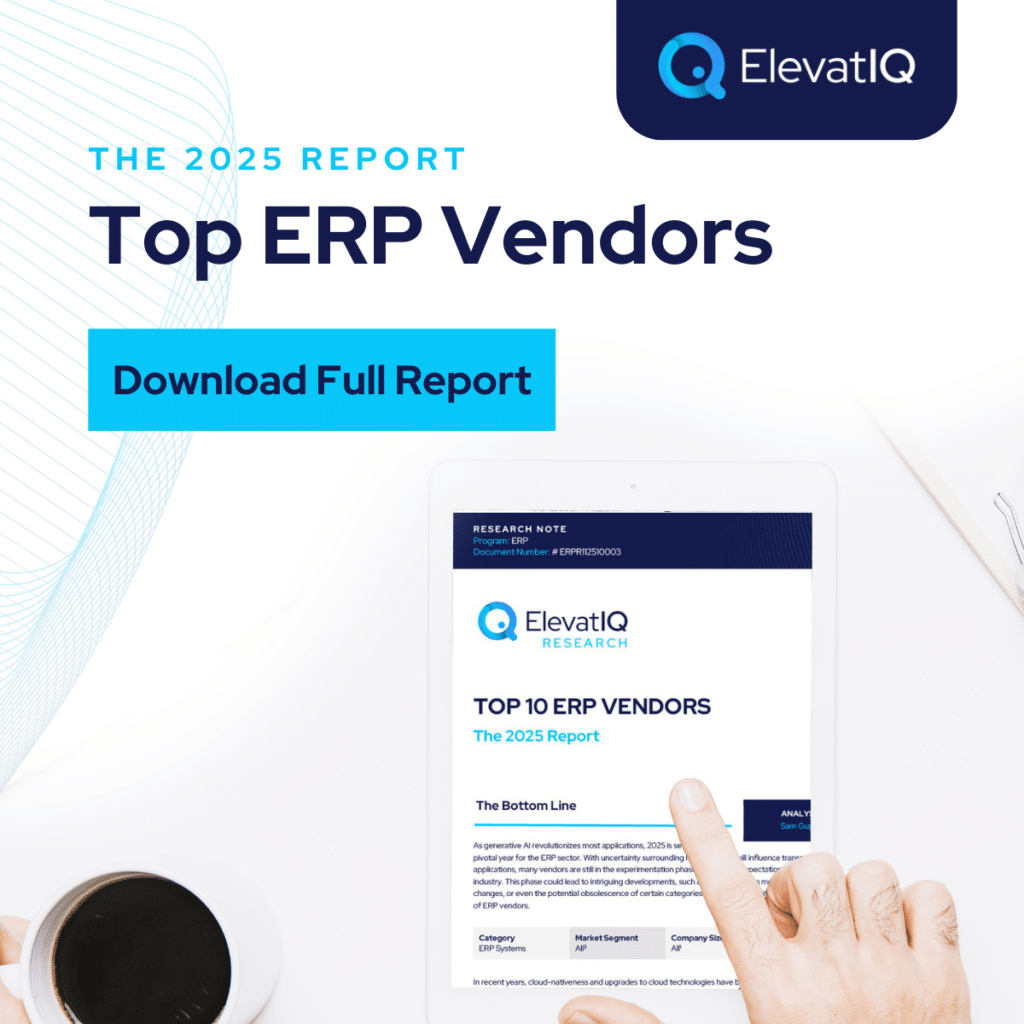
3. Ability to Manage Change
Who would remember that you are supposed to write “fragile” on the box that is likely to break during the move? Your grandmother could keep track of every single detail as moving is probably the most exciting thing she has done in her life. Let’s face it. Most of us don’t even remember 10% of what we did yesterday.
Changing an ERP is like moving the whole city. You have a lot at stake. Even a minor disruption with one process could mean millions of dollars in loss. The challenge with ERP implementation is that things are so invisible that even experts struggle to keep track of the change process.
Also, technical teams are extremely poor at documentation, as documenting a puzzle is not as mentally stimulating as solving and playing with the puzzle. The change process requires a methodical approach to managing a good state of requirements, which leads to quality tests and release plans. Unfortunately, unless moving cities on a daily basis, you are likely to forget the critical steps, causing unexpected disruptions.
2. Ability to Uncover Financial and Technical Risks
Good real estate agents have a deep understanding of their neighborhoods. They understand where the foundation issues are likely to be there in an area. They have intelligence about houses with cases of murder or suicide, which might substantially impact the financial value due to desirability issues. And they can tell you where you might need to hire a professional inspector, where the mold is likely to develop, and that it might require a very expensive repair.

Without a real estate agent, you are likely to be concerned about getting the best deal but miss the big picture. What if you got a house that has a value of $100K because of a suicide in the house? But they sold as if you were getting a 50% discount on a house worth $400K? Only a real estate agent who is an insider would be able to uncover these deeply rooted financial and technical risks that you may not uncover even after living in the new house for a very long time.
The only difference between an ERP and a house is that the mold is so deeply spread with some of the ERP systems that you might not understand how bad it might fire back in unexpected ways, getting sick for no reason.
1. Access to Proprietary Intelligence
Real estate agents not only have access to proprietary databases such as MLS. However, they might maintain their own databases of different successes and failures based on their recent successes and failures. If you decide to do this on your own, you are never likely to have access to this intelligence. They keep track of other real estate agents, how they negotiate, and the compensation structure of different companies.
The ERP consultant keeps track of every vendor, whether reseller or OEMs, as well as consultants and their experiences with any specific ERP systems. They keep track of the vendors that are likely to white-label the consultants, increasing the scheduling risks. Or the ones that might deploy junior resources and the industries in which each vendor might specialize. Also, keeping track of any technology and data model changes. This proprietary intelligence is not possible without them. Independent ERP consultants can offer insights that you may have never had.
Final Words
The procurement cycle for each category is substantially different. The more expensive and disruptive the purchase, the more subject matter expertise you might need. It’s hard to describe why a particular real estate agent is better than the other. But if you pay attention, they have gone through years of training and cycles to master their craft.
It’s in the best interest of ERP companies not to see an independent ERP consultant on the other side, as it makes their job harder. But you are hurting yourself by not hiring one. Just like a real estate agent, the job of an independent ERP consultant is to make sure the interests of both buyers and sellers are protected. So don’t try to undertake an ERP selection by yourself when you barely understand the space.


